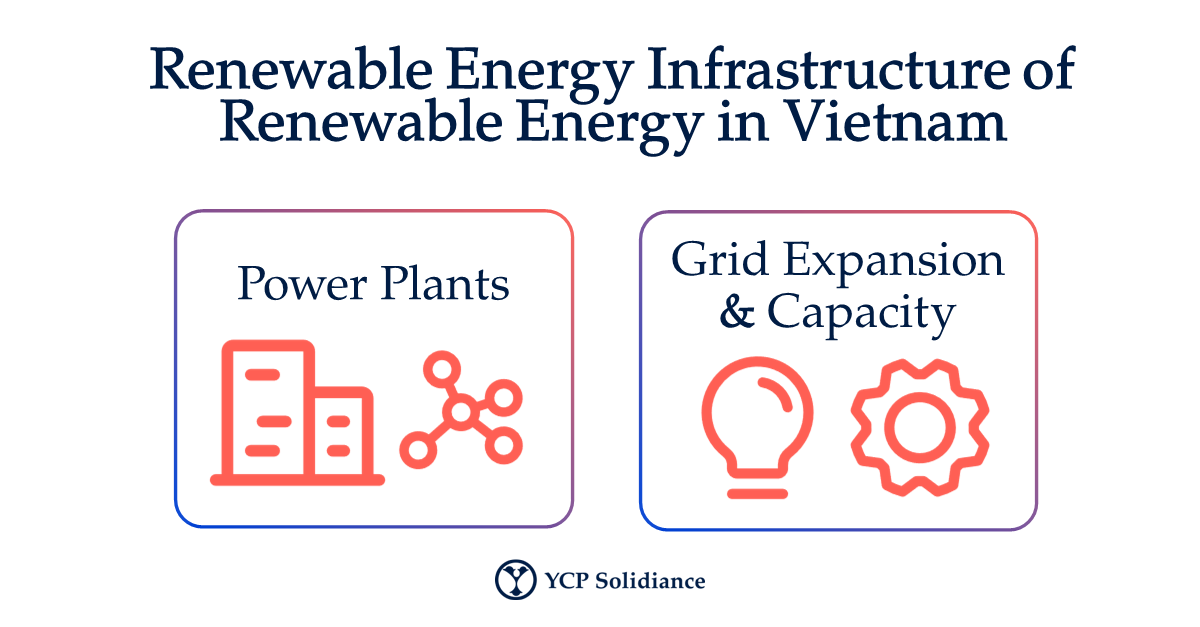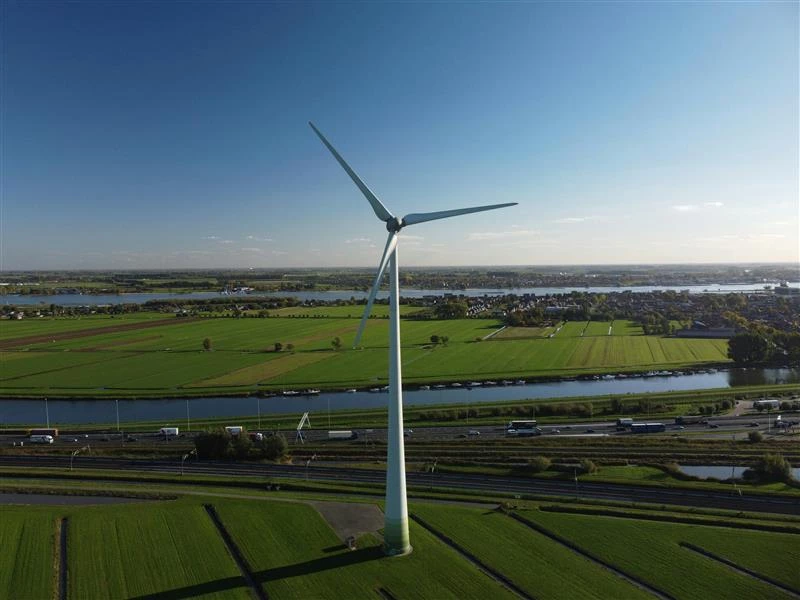Vietnam is undoubtedly known as the hub of renewable energy in Asia—as it has heavily bolstered industry development over the years—and is now widely considered a favorable investment option for both domestic and foreign players as a hotbed for investment.
As reported by Reuters, Vietnam looks to raise even more funds from potential investors for future renewable energy power projects. Specifically, Vietnam will aim to generate approximately anywhere from 8 billion USD to 14 billion USD per annum through 2030.

Renewable Energy Development Strategy
Of the players that could become investors in Vietnam’s renewable energy landscape, businesses operating within the country will likely be the primary proponent as the government continues to encourage the private sector to transition toward clean energy, which has effectively facilitated the introduction of new market entrants.
According to a report by Nikkei Asia, French oil company Total is expected to enter Vietnam’s renewable energy market to provide solar power for local companies like industrial property developer KCN Vietnam. Given that the Vietnamese government will continue to emphasize a transition toward renewables in the private sector, there will be high demand and investment opportunities for developers who specialize in renewable energy infrastructure—be it wind or solar, the two primary sources of renewable energy in Vietnam.
Moreover, the businesses that are adopting renewable energy are also presented with a promising opportunity as going green will provide a competitive advantage. Considering that the global business climate is trending toward an emphasis on sustainability, those who act as early as now can position themselves as green businesses, thus catering to consumers who are environmentally conscious. On top of renewable energy, businesses will likely invest in other areas of sustainability to create a comprehensive transition strategy.
Investment Opportunities in Related Industries
Aside from accelerating the growth of Vietnam’s renewable energy market, a continuous flow of investment will also generate investment opportunities for other industries within the country. For instance, renewable energy will be essential in creating smart cities in Vietnam.
The YCP Solidiance white paper “Public and Private Cooperation: Sustainable Urban Development in Vietnam” outlines the development of smart cities and related aspects in Vietnam, namely: infrastructure, transportation, and green buildings and spaces. The progress made in regard to renewable energy and these areas of smart city development will lead to several intriguing investment opportunities:
- Infrastructure: There will be opportunities for logistical players and those involved in the development of areas of infrastructure, like roads, railways, shipping ports, etc. Vietnam is keen on improving infrastructure and capacity immediately as it will help facilitate the acceleration of smart cities. Tech companies can also be potential market entrants as digital transformation will play a key role in smart city infrastructure.
- Transportation: Automotive manufacturers can strengthen their position in Vietnam by introducing the use of electric vehicles (EVs). These companies will likely experience success early on as citizens are expected to shift to EVs due to the favorable tax reductions that the Vietnamese government is offering.
- Green Buildings and Spaces: Real estate developers and urban developers who specialize in sustainability will be the primary party to benefit. Opportunities for developers will present themselves in several areas of construction, such as the industrial, commercial, residential, and hospitality sectors.
In the coming years, there will be an influx of activity in Vietnam’s renewable energy industry as involved parties are aggressively exploring potential investment opportunities. In addition, the investments made in renewable energy will also accelerate other industries in Vietnam, especially as the government is progressing quickly toward smart city adoption.
To get insight into sustainability trends in Asia and the potential investment opportunities that such developments present, subscribe to our newsletter here and check out these reports:






